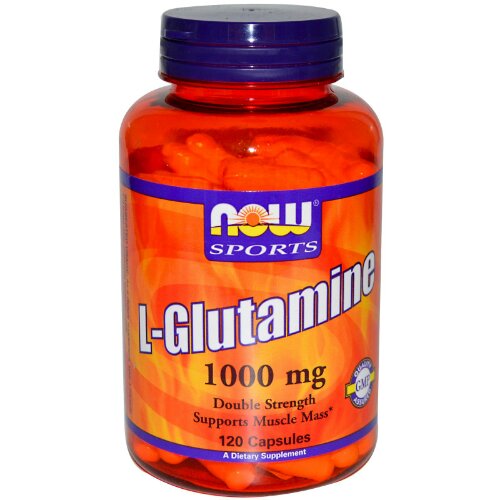Glutamine Is the most common amino acid found in your muscles – over 61% of skeletal muscle is Glutamine. Glutamine consists of 19% nitrogen, making it the primary transporter of nitrogen into your muscle cells. During intense training, Glutamine levels are greatly depleted in your body, which decreases strength, stamina and recovery. It could take up to 6 days for Glutamine levels to return to normal – and Glutamine plays a key role in protein synthesis. Studies have shown that L-Glutamine supplementation can minimize breakdown of muscle and improve protein metabolism. What L-Glutamine Powder Can Do For You? Glutamine plays key roles in protein metabolism, cell volumizing, and anti-catabolism. Glutamine also increases your ability to secrete Human Growth Hormone, which helps metabolize body fat and support new muscle growth. Glutamine’s anti-catabolism ability prevents the breakdown of your muscles. This is especially useful for people ‘cutting down’. Especially during summer when you’re trying to get rid of some body fat without losing any muscle. Glutamine is needed throughout your body for optimal performance. Your small intestines requires the most Glutamine in your body, and your immune system also needs Glutamine because Glutamine levels deplete during workouts, bodybuilders are more susceptible to illnesses.
Acute intakes of glutamine of approximately 20-30 g seem to be without ill effect in healthy adult humans and no harm was reported in 1 study in which athletes consumed 28 g glutamine every day for 14 d. Doses of up to 0.65 g/kg body mass of glutamine (in solution or as a suspension) have been reported to be tolerated by patients and did not result in abnormal plasma ammonia levels. However, the suggested reasons for taking glutamine supplements (support for immune system, increased glycogen synthesis, anticatabolic effect) have received little support from well-controlled scientific studies in healthy, well-nourished humans.
